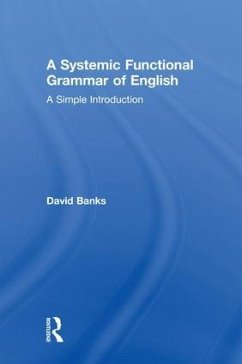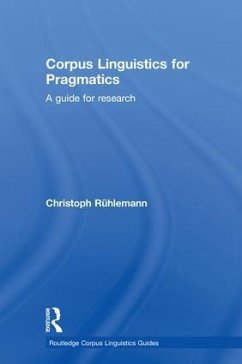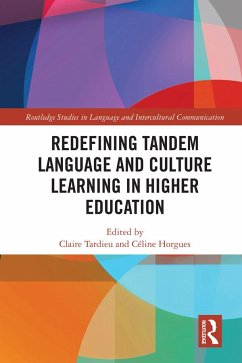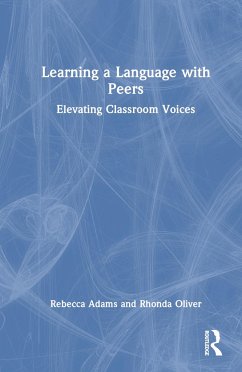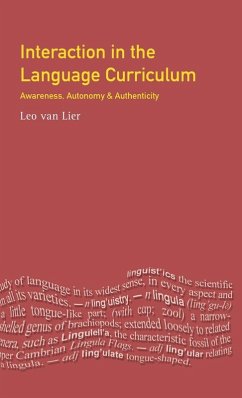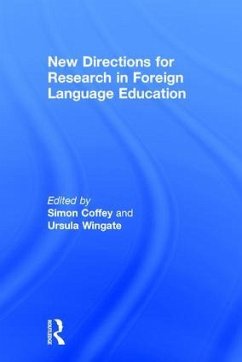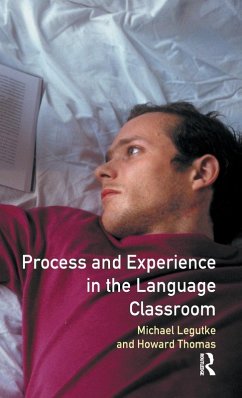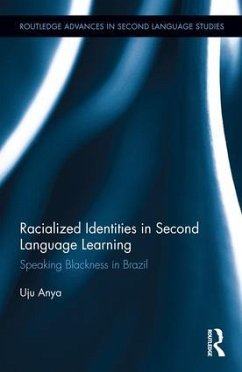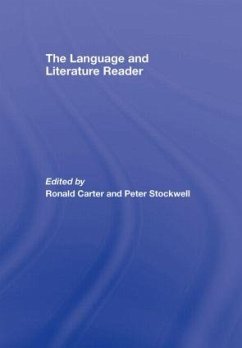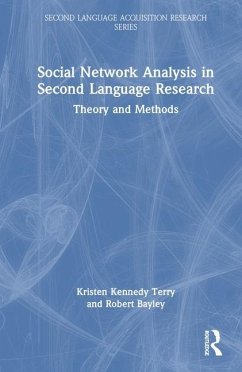
Experiential Learning in Foreign Language Education
Versandkostenfrei!
Versandfertig in 1-2 Wochen
178,99 €
inkl. MwSt.
Weitere Ausgaben:

PAYBACK Punkte
89 °P sammeln!
The goal of foreign language teaching is expanding from communicative competence towards an intercultural action competence. Essential in the new orientation is the shift towards a more balanced emphasis between the external factors in the learning environment and the personal capacity, conceptions, beliefs and assumptions inside the learner's mind. As part of the changes, assessment is seen as an important means of enhancing the learning processes, emphasising the role of reflective self-assessment. The text explores and integrates the necessary knowledge base and practices in foreign languag...
The goal of foreign language teaching is expanding from communicative competence towards an intercultural action competence. Essential in the new orientation is the shift towards a more balanced emphasis between the external factors in the learning environment and the personal capacity, conceptions, beliefs and assumptions inside the learner's mind. As part of the changes, assessment is seen as an important means of enhancing the learning processes, emphasising the role of reflective self-assessment. The text explores and integrates the necessary knowledge base and practices in foreign language education in terms of the basic concepts of experiential learning, intercultural learning, autobiographical knowledge and teacher development, together with the philosophical underpinnings of foreign language education.





